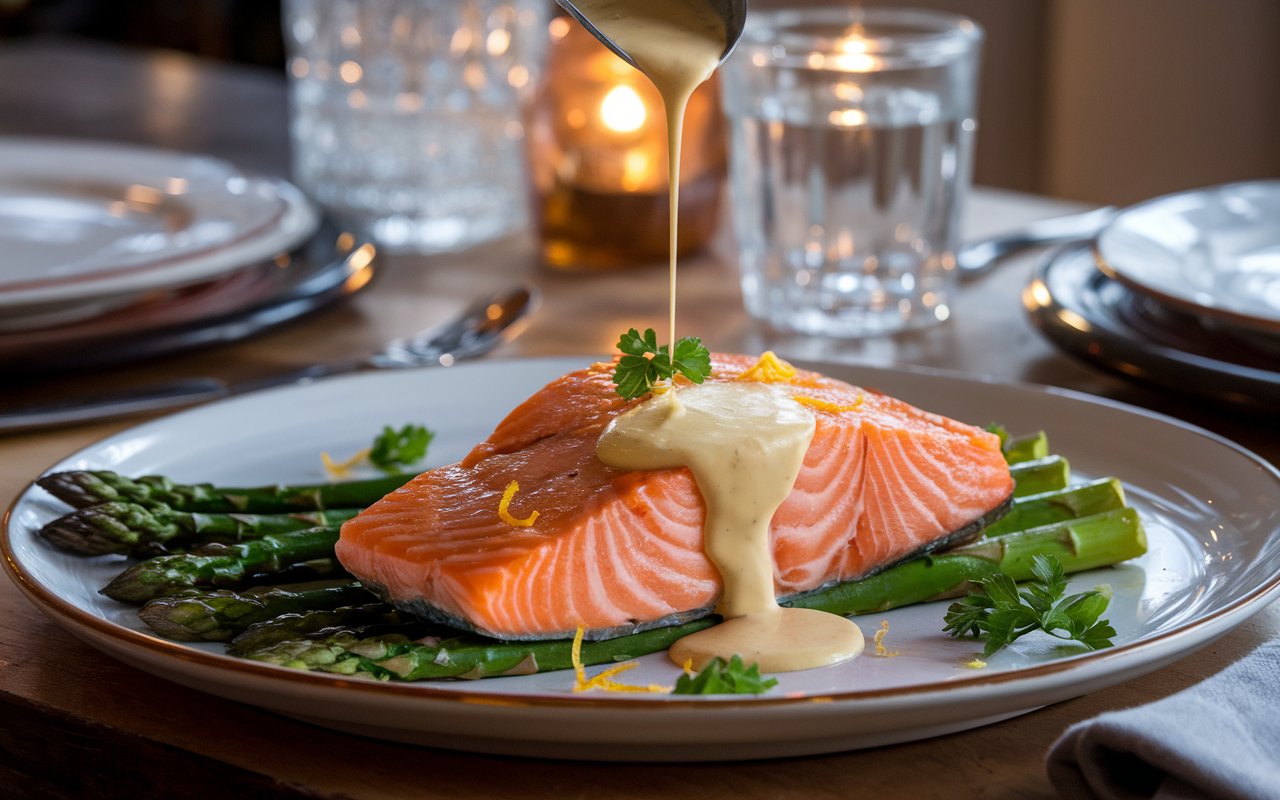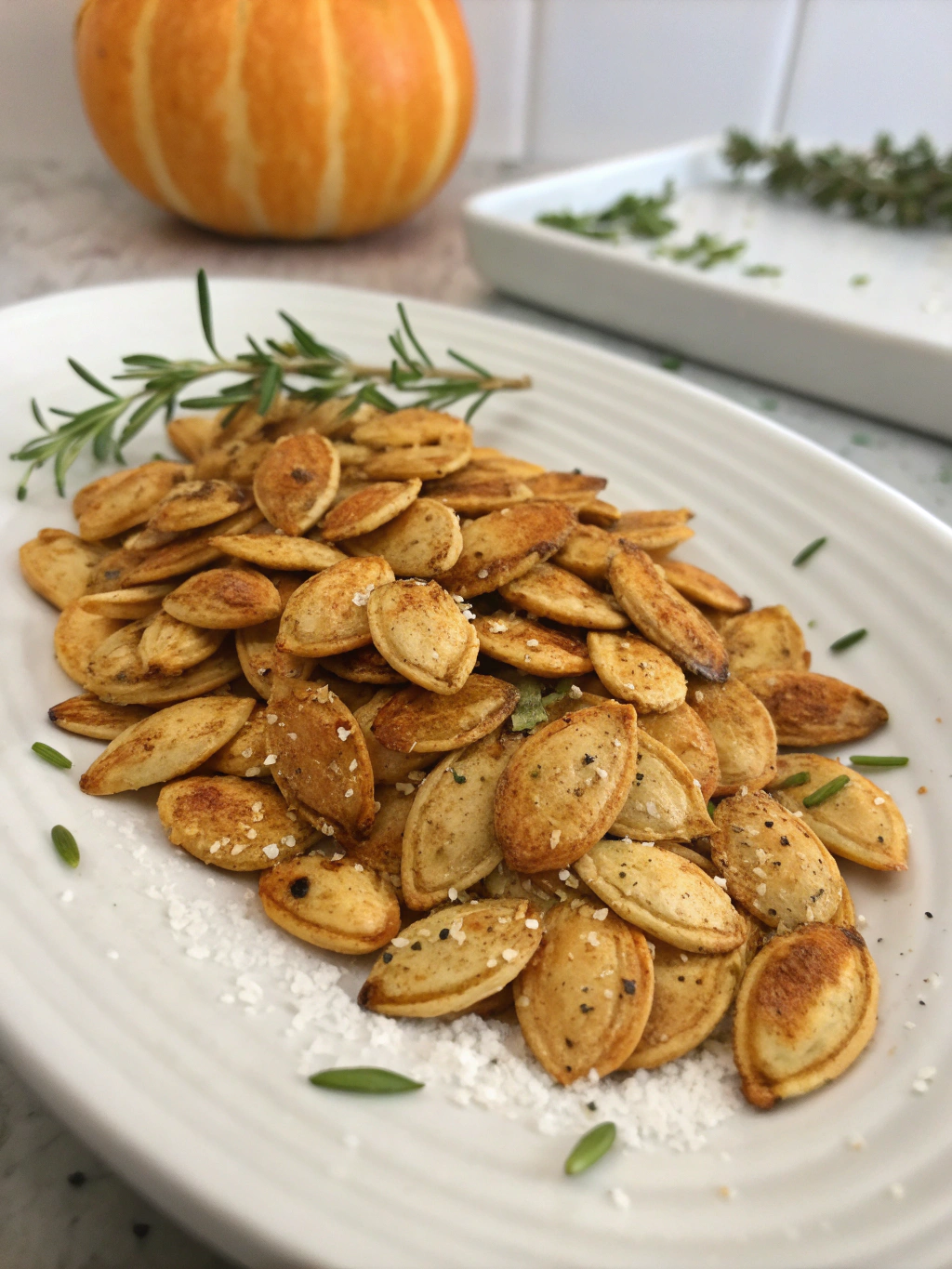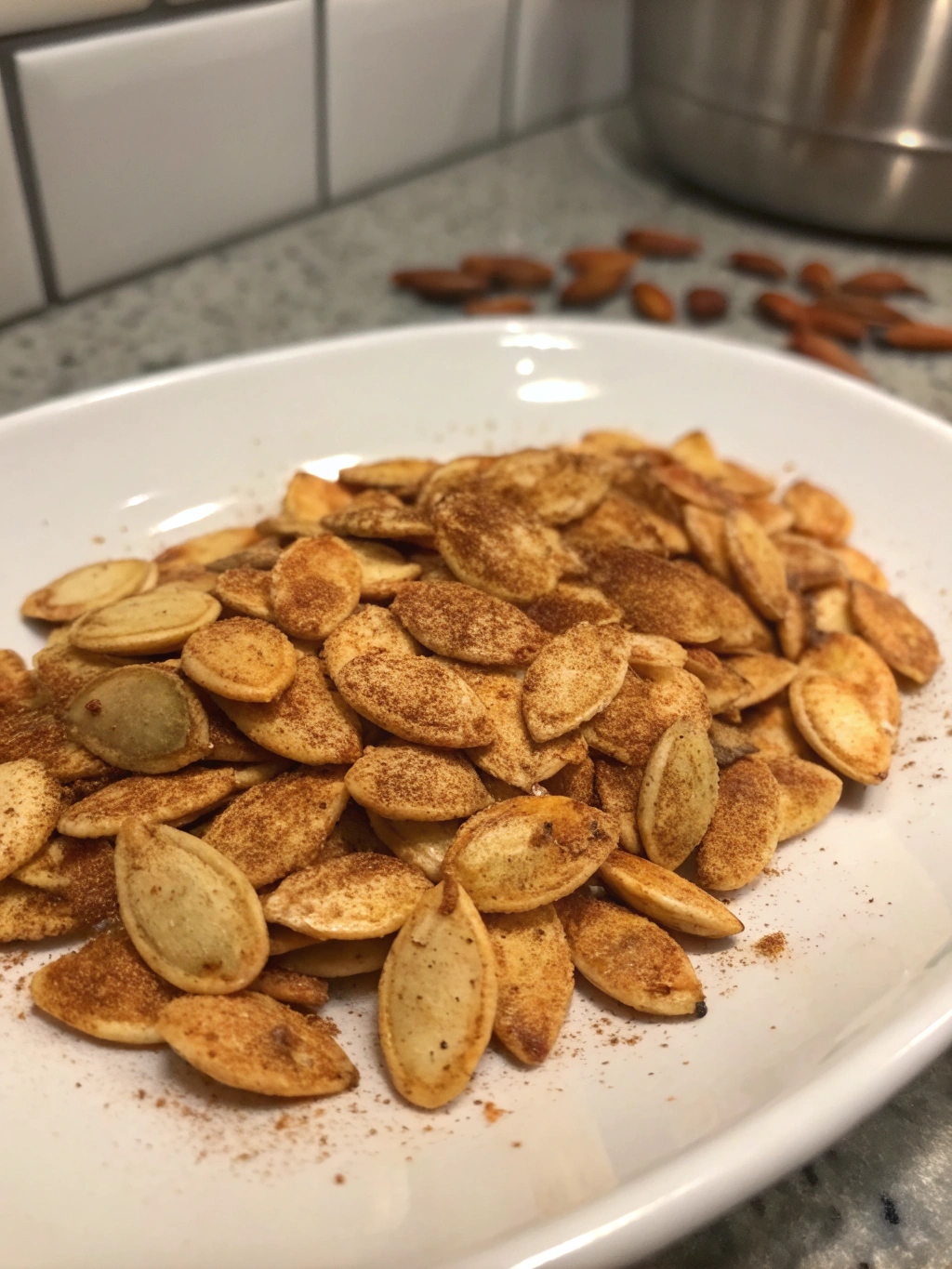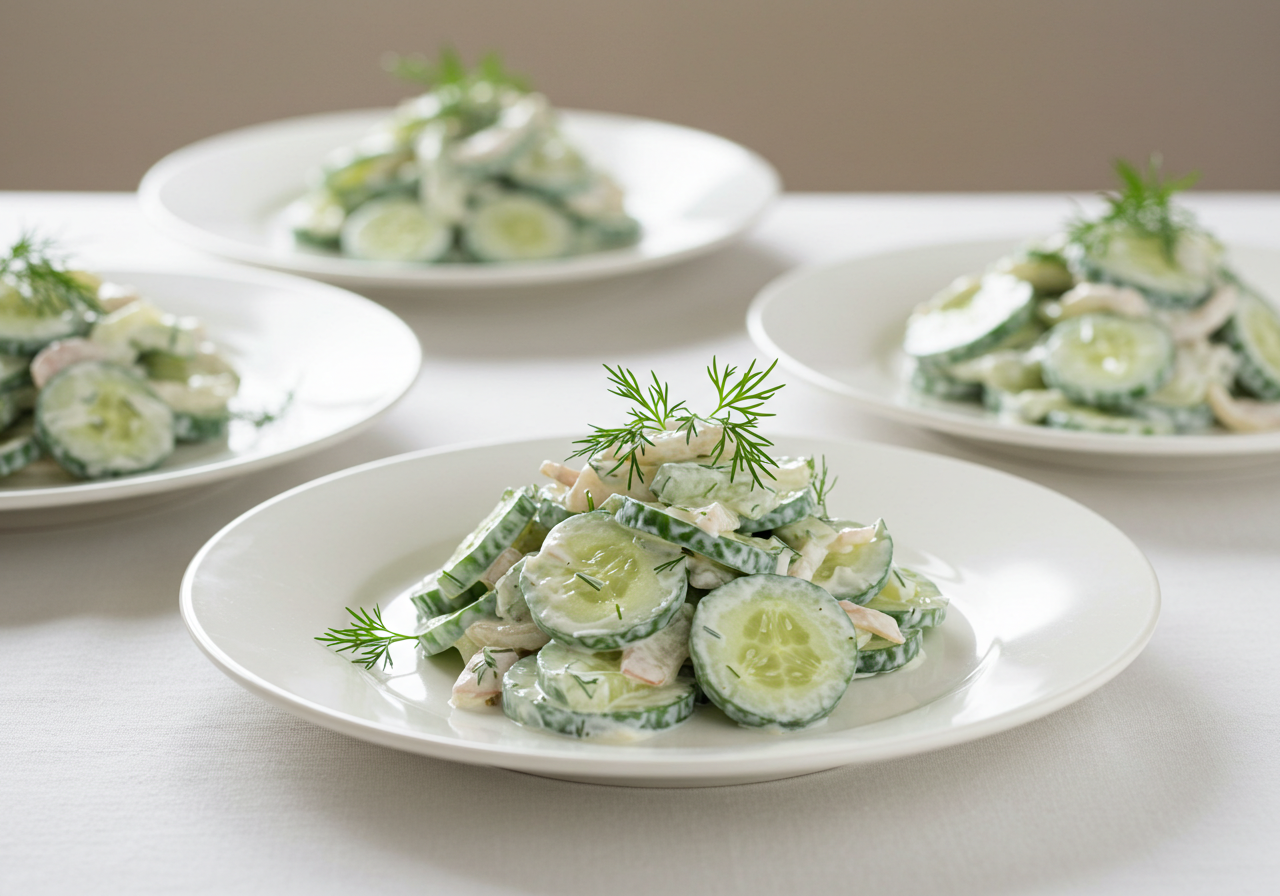Lemon Beurre Blanc is a luscious, tangy French sauce that combines the rich creaminess of butter with the vibrant zest of lemon. Perfect for elevating seafood, chicken, or vegetables, this sauce has become a staple in both gourmet and home kitchens worldwide.
What is Lemon Beurre Blanc?
At its core, Lemon Beurre Blanc is an emulsion of butter, white wine, and shallots, with the fresh addition of lemon juice and zest. This velvety sauce strikes the perfect balance between richness and acidity, making it a versatile accompaniment to numerous dishes.
Key Features:
- Texture: Smooth and creamy
- Taste: A harmonious blend of buttery richness and citrusy brightness
- Uses: Ideal for drizzling over poached fish, grilled vegetables, or roasted chicken
Origins and History of Beurre Blanc Sauce
Beurre Blanc, which translates to “white butter” in French, originated in the Loire Valley of France. This sauce is said to have been created accidentally when a chef forgot to add egg yolks to a traditional hollandaise. Over time, Beurre Blanc gained recognition for its simplicity and ability to enhance the natural flavors of fresh ingredients.
Evolution with Lemon:
The addition of lemon to the traditional Beurre Blanc is a modern adaptation, introducing a citrusy twist to this classic. The lemon’s acidity cuts through the richness of the butter, providing a lighter and more vibrant flavor profile.
The Role of Lemon in Enhancing the Flavor Profile
Lemon plays a pivotal role in transforming the traditional Beurre Blanc into a zesty delight. Its acidity balances the sauce’s buttery base, while the zest adds a subtle fragrance that elevates the overall dish.
Why Lemon?
- Enhances Freshness: Ideal for pairing with seafood and other light dishes
- Balances Richness: Prevents the sauce from feeling too heavy
- Adds Complexity: A layered flavor that complements a variety of ingredients
Pro Tip:
When making Lemon Beurre Blanc, use fresh lemon juice and zest for the best results. Avoid overcooking the sauce after adding lemon, as prolonged heat can cause the butter to separate.
Ingredients Needed for Lemon Beurre Blanc
Core Ingredients
Each ingredient in Lemon Beurre Blanc contributes to the sauce’s signature flavor and texture. Here’s a closer look at the essentials:
- Unsalted Butter:
The star of the sauce, unsalted butter provides the rich, creamy base. Using unsalted butter allows you to control the salt level precisely. - Shallots:
Finely chopped shallots add a mild, sweet onion flavor that enhances the sauce’s depth without overpowering it. - White Wine:
A dry white wine, such as Sauvignon Blanc or Chardonnay, is used to deglaze the pan and add acidity. The wine balances the butter’s richness while infusing subtle fruity notes. - Lemon Juice and Zest:
The lemon juice delivers a bright, tangy acidity, while the zest adds aromatic citrus oils that elevate the flavor. Fresh lemons are a must for the best taste. - Heavy Cream (Optional):
While traditional beurre blanc does not include cream, a small amount can be added to stabilize the emulsion and create an even silkier texture. - Salt and Pepper:
Essential seasonings that bring out the flavors of the other ingredients. Use freshly ground black pepper for a mild kick and sea salt for purity.
Optional Enhancements
While the core ingredients form the foundation of a classic Lemon Beurre Blanc, you can add optional ingredients to tailor the sauce to your dish or personal preference.
- Herbs (e.g., Thyme, Parsley):
Fresh herbs bring a touch of earthiness and color to the sauce.- Thyme: Adds a subtle woodsy aroma that pairs beautifully with roasted chicken or hearty fish like salmon.
- Parsley: Finely chopped parsley provides a fresh, vibrant finish and works well with lighter dishes such as steamed vegetables or white fish.
- Garlic (For a Bold Flavor):
Minced or roasted garlic can be added for an extra layer of flavor.- Use sparingly to avoid overpowering the delicate balance of the sauce.
- Roasted garlic delivers a milder, sweeter flavor compared to raw garlic.
- Broth (As a Wine Substitute):
For a non-alcoholic version of the sauce, substitute the white wine with vegetable, chicken, or seafood broth.- Vegetable Broth: Maintains the lightness of the sauce.
- Chicken Broth: Adds a savory depth that complements poultry dishes.
- Seafood Broth: Enhances the sauce when paired with fish or shellfish.
Pro Tip:
If using broth, balance the acidity by increasing the lemon juice slightly to maintain the sauce’s signature tangy flavor.
Essential Tools and Equipment
Having the right tools ensures a smooth preparation process for Lemon Beurre Blanc.
- Saucepans and Utensils:
Use a small or medium-sized heavy-bottomed saucepan to prevent the sauce from scorching. A wooden spoon or silicone spatula works best for stirring. - Whisk and Strainer:
- Whisk: Essential for emulsifying the butter into the sauce, creating a silky consistency.
- Strainer: A fine-mesh strainer can be used to remove the shallots for a smooth finish, depending on your preference.
- Measuring Cups and Spoons:
Accurate measurements are key to balancing the flavors of this delicate sauce. Use measuring cups for liquids and spoons for ingredients like lemon juice, zest, salt, and pepper.
Preparing Lemon Beurre Blanc – Step-by-Step Process
Prepping the Ingredients
- Chopping Shallots:
Finely chop the shallots to ensure they cook evenly and release their sweet, aromatic flavors into the sauce. - Squeezing and Zesting Lemons:
- Use a citrus juicer to extract maximum juice.
- A microplane or fine grater is ideal for zesting lemons. Avoid the bitter white pith by only grating the yellow outer layer.
Cooking the Base
- Sautéing Shallots:
In your saucepan, melt a small knob of butter over medium heat. Add the chopped shallots and sauté until softened and translucent, about 2–3 minutes. Avoid browning them, as this can alter the sauce’s flavor. - Deglazing with White Wine:
Pour in the white wine and stir to loosen any caramelized bits from the pan. This step infuses the sauce with acidity and a fruity undertone. - Simmering for Flavor Infusion:
Allow the wine and shallots to simmer gently until the liquid reduces by about half. This concentrates the flavors and forms a flavorful base.
Emulsifying with Butter
- Techniques for Adding Butter Gradually:
- Cut the butter into small cubes and ensure it is cold.
- Reduce the heat to low and whisk in one cube at a time, allowing it to melt completely before adding the next. This method ensures a stable emulsion.
- Tips for Achieving the Perfect Creamy Consistency:
- Whisk continuously to keep the butter and wine mixture from separating.
- If the sauce begins to overheat and looks greasy, remove the pan from the heat and whisk vigorously to bring it back together.
Tips for Perfecting Lemon Beurre Blanc
Creating the perfect Lemon Beurre Blanc requires attention to detail and careful technique. Here are some essential tips:
- Maintaining the Right Temperature:
- Keep the heat low during the butter emulsion process to prevent overheating.
- A gentle simmer for the base and low heat for adding butter ensures the sauce stays smooth and creamy.
- Avoiding Curdling or Separation:
- Use cold butter and add it gradually while whisking continuously.
- If the sauce separates, remove it from heat and whisk vigorously to re-emulsify.
- Balancing Acidity and Richness:
- Taste as you go. Adjust acidity with lemon juice or richness by adding an extra cube of butter.
- For a smoother flavor, consider adding a splash of cream to mellow out the tanginess.
Serving Lemon Beurre Blanc
Lemon Beurre Blanc is a versatile sauce that can elevate many dishes. Here are some pairing and usage ideas:
Pairing with Seafood
The citrusy brightness of Lemon Beurre Blanc complements the natural sweetness of seafood beautifully.
- Salmon: Drizzle the sauce over pan-seared or poached salmon for a luxurious finish.
- Halibut: Pair with grilled or baked halibut to enhance its mild, flaky texture.
- Scallops: A classic pairing—spoon the sauce over perfectly seared scallops for a restaurant-quality dish.
Pairing with Poultry and Vegetables
This sauce isn’t just for seafood; it works wonderfully with poultry and vegetables too.
- Chicken Breast: Pour over grilled or roasted chicken breast for added moisture and flavor.
- Asparagus: Serve the sauce as a dip or drizzle over steamed or roasted asparagus.
- Roasted Vegetables: Pair with roasted carrots, Brussels sprouts, or cauliflower for a gourmet twist.
Creative Uses
Think outside the box and use Lemon Beurre Blanc in unexpected ways.
- As a Pasta Sauce: Toss with linguine or fettuccine, adding a handful of fresh herbs for an elegant, simple pasta dish.
- As a Dipping Sauce for Bread: Serve warm with crusty French bread or baguette slices for an indulgent appetizer or side.
Variations of Lemon Beurre Blanc
Herb-Infused Beurre Blanc
Elevate the classic recipe by incorporating fresh herbs for added aroma and depth.
- Thyme or Tarragon: Add sprigs of fresh thyme or tarragon to the simmering base for a hint of earthiness.
- Chives or Dill: Stir in finely chopped chives or dill at the end for a fresh, vibrant twist, ideal for seafood pairings.
Creamy Beurre Blanc
For a richer, more indulgent version, incorporate heavy cream.
- Method: Add 2–3 tablespoons of cream after reducing the base but before whisking in the butter. This stabilizes the sauce and enhances its silky texture.
- Pairing: Perfect for pairing with poultry or heartier fish like salmon.
Health Considerations and Modifications
Low-Fat Alternatives to Traditional Beurre Blanc
To reduce the calorie content while preserving flavor:
- Use a reduced amount of butter, substituting half with olive oil or a light butter alternative.
- Increase the use of broth and reduce the amount of butter added during emulsification.
Adjusting Salt Content for Dietary Needs
- Use unsalted butter and add salt sparingly to control sodium levels.
- Enhance flavor with herbs and spices instead of relying on salt.
Storing and Reheating Lemon Beurre Blanc
Best Practices for Storing
- Refrigeration: Store leftover sauce in an airtight container in the refrigerator for up to 2 days.
- Freezing: While freezing can alter the texture, you can freeze beurre blanc in small portions for up to 1 month. Thaw slowly in the refrigerator before reheating.
Reheating Without Splitting
- Gently reheat over low heat while whisking continuously. Avoid high heat to prevent the emulsion from breaking.
- Add a splash of cream or a small cube of butter during reheating to help restore the sauce’s consistency.
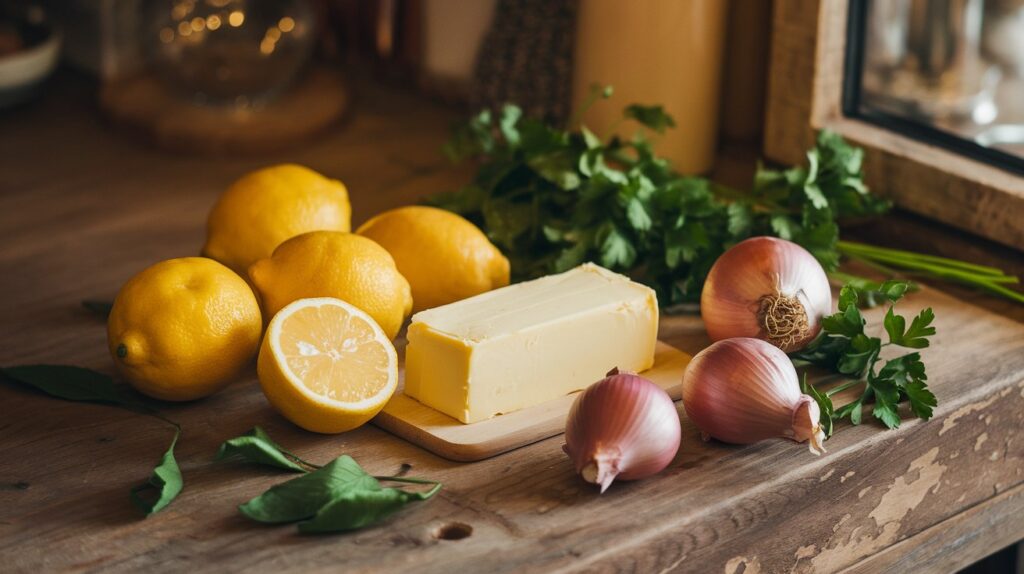
Conclusion
Summarizing the Appeal of Lemon Beurre Blanc
Lemon Beurre Blanc stands as a testament to the elegance of French cuisine. Its bright citrus notes paired with the creamy richness of butter make it a versatile and sophisticated addition to any dish. Whether enhancing seafood, poultry, vegetables, or even bread, this sauce elevates everyday meals into gourmet experiences.
Encouragement to Experiment and Enjoy
Don’t be afraid to make the recipe your own! Experiment with herbs, variations, or even unconventional pairings. With its forgiving nature and endless adaptability, Lemon Beurre Blanc invites you to discover your unique culinary flair.
For a delightful pairing with Lemon Beurre Blanc, consider serving it alongside beef medallions, a recipe that complements the sauce’s creamy, tangy notes. You can also explore a lighter option like a crispy chicken salad, which offers a refreshing balance to the dish. If you’re looking to incorporate more seafood into your menu, a shrimp roll provides a delectable contrast to the beurre blanc’s richness. Each of these recipes adds a unique dimension to your meal and can inspire creative culinary combinations.
FAQs About Lemon Beurre Blanc
Can you make beurre blanc ahead of time?
While beurre blanc is best served fresh to maintain its creamy texture, it can be made ahead of time. Store it in the refrigerator for up to 2 days. When ready to use, reheat gently over low heat while whisking to restore its consistency.
What can you use instead of white wine?
If you prefer to avoid alcohol, white wine can be substituted with:
- Vegetable, chicken, or seafood broth for depth of flavor.
- A mix of diluted white wine vinegar or apple cider vinegar for acidity.
How do you fix a split sauce?
If the sauce separates:
- Remove it from heat immediately and whisk vigorously to bring it back together.
- Add a splash of warm water or cream while whisking to re-emulsify.
- Ensure the heat is low when reheating to prevent further splitting.

